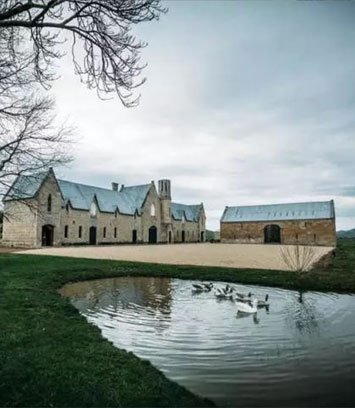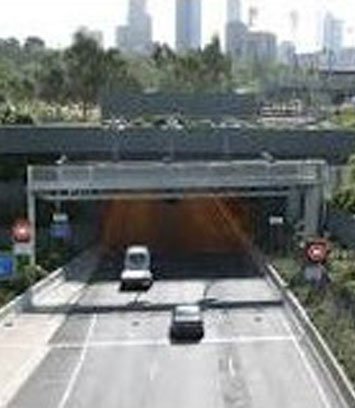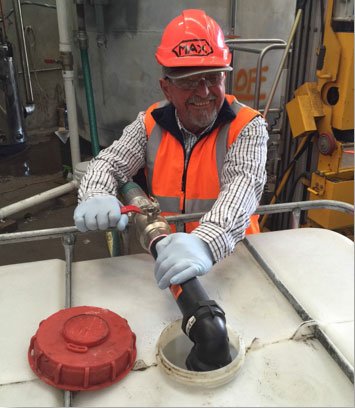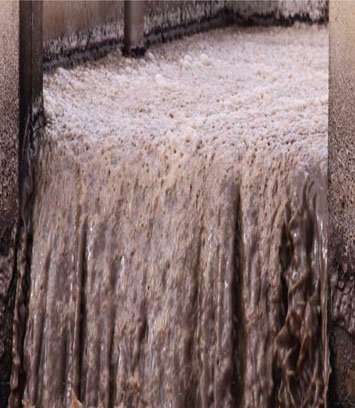Every drop of fresh water is precious to life
- The global need for fresh water is becoming increasingly urgent.
- Despite the fact that our planet is covered in water, only a small fraction of it is actually usable for human consumption.
- This is because most of the earth’s water is saline or brackish, and therefore not fit for drinking, cooking, or irrigation.
- The amount of available fresh water is finite, gradually decreasing with the melting glaciers and ice caps, and it is unevenly distributed around the world.
Our guiding principles for wastewater treatment and recycling
- Fresh water should be used exclusively for human and animal consumption
- Recycled wastewater can provide many of the needs currently beingn served by the precious resource of fresh water
- The key technological challenge in wastewater treatment is the removal of fats, oil and grease (FOG) prior to further treatment which is currently NOT being undertaken globally. Any green water remediation technology should be based on efficient FOG removal.
- Wastewater treatment is currently an energy consuming, expensive process yielding low grade water and unsafe sludge. Low-cost, gravity-driven designs, enhanced with modern technology holds the potential to operate at commercial profit and thus provide the best long-term solutions to wastewater treatment and recycling.
- Proved high quality recycled water for irrigation thus avoiding the current global problems associated with contamination of food crops.
- Other separation products provide biodiesel-ready oils and compost with substantial market value
Our technologies
Our technologies are simple, robust and are highly adaptable, with demonstrated success in e.g.:

Acidic distillery wastewater treatment

Drilling muds recycling

Food waste treatment

Factory and industrial wastewater recycling
Our technology has wide-ranging application
Our technologies, in addition to conventional water treatment needs, can meet the rapidly expanding new demands on efficiency, energy neutrality and the need to turn waste into resource. Examples include:
- Cheap efficient restaurant grease trap waste treatment (20 tonne/day standard unit with complete odour control, freely scalable with additional units, can be deployed nearby waste production sites to separate FOG, compost, and extract irrigation water for local use, substantially reducing waste shipping costs)
- Energy production at scale through continuous flow anaerobic digestion and biogas generation (based on compostable food waste separated from FOG and water with our core technology, allows energy neutral operation of facility)
- Vast amounts of “FOG” for conversion to biodiesel
- Sewage water treatment at scale to provide pure water for electrolysis to serve the new hydrogen economy
- Lake and river cleanup at scale.
Blueprints for future cities
We have designs for cities of the future where all water is recycled efficiently and reused in a variety of applications. Our blueprint for new cities and the future of humanity.
If you wish further information, please contact us:
Dr. Adam Mechler, Wastewater Project Lead
(Professor of Chemistry at La Trobe University, Australia)
Phone: mobile +61 431 793 596office +61 394 792 524
Email: a.mechler@peptomedica.com.au
Dr. Patrick Perlmutter, CSO
(Adjunct Professor of Chemistry at La Trobe University, Australia)
Phone: mobile +61 484 225 022office +61 394 792 942
